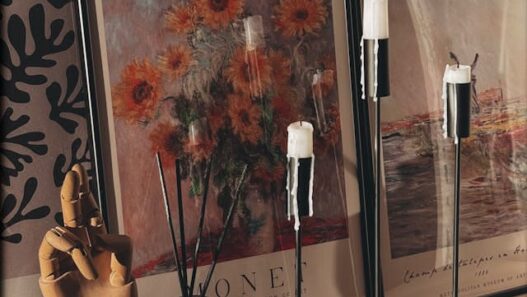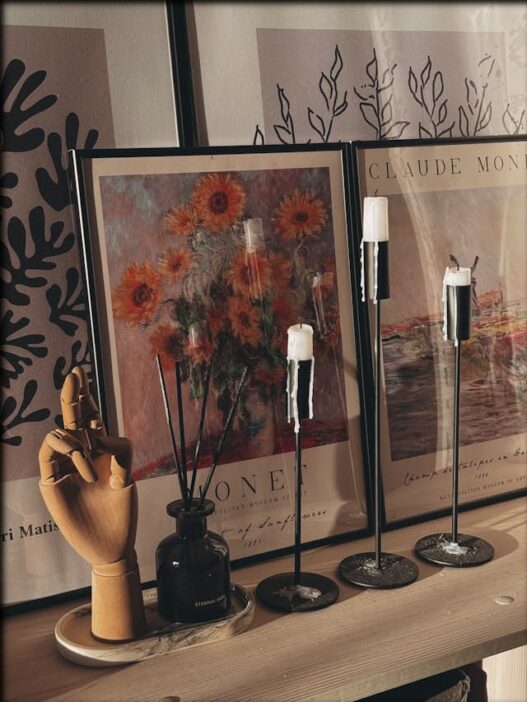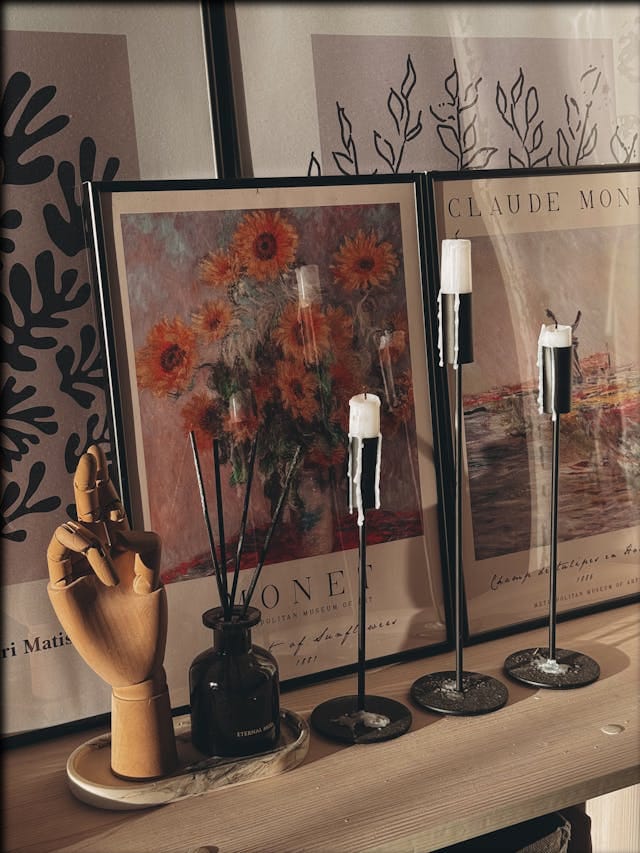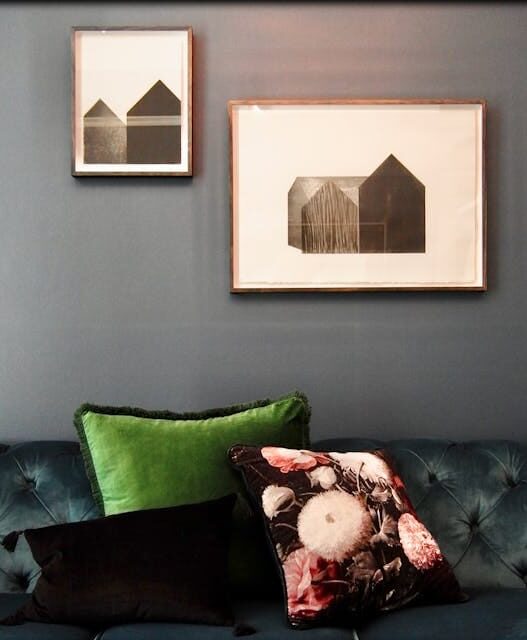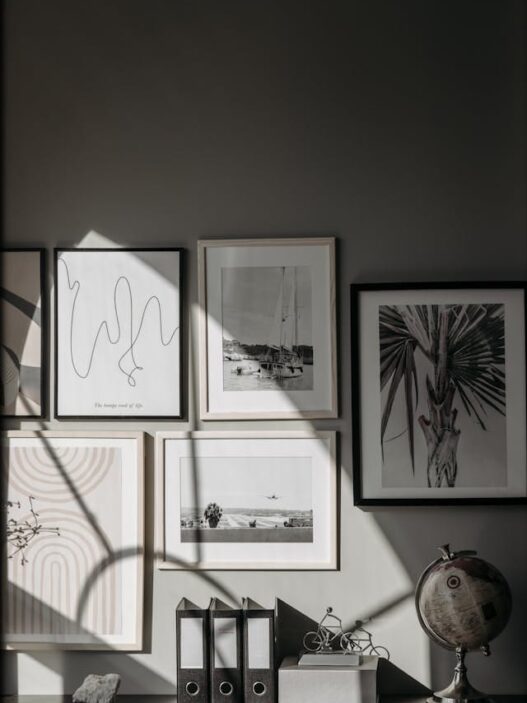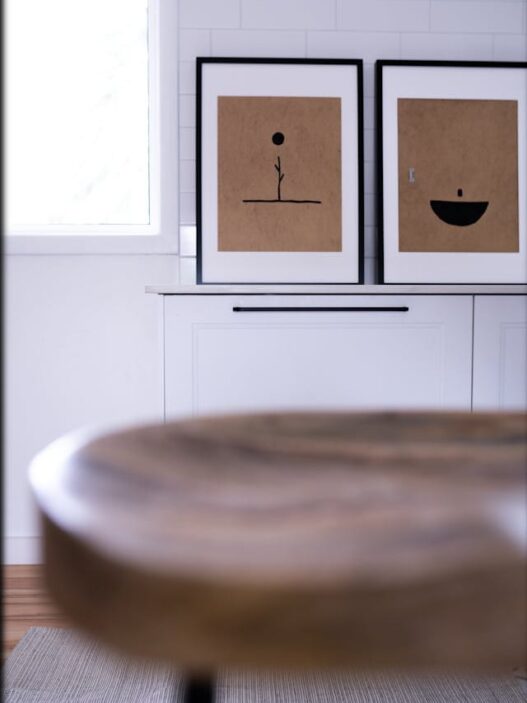-


Vintage 4D Man Gloss Poster – Retro Sci-Fi Wall Art
Price range: $20.00 through $32.00 -
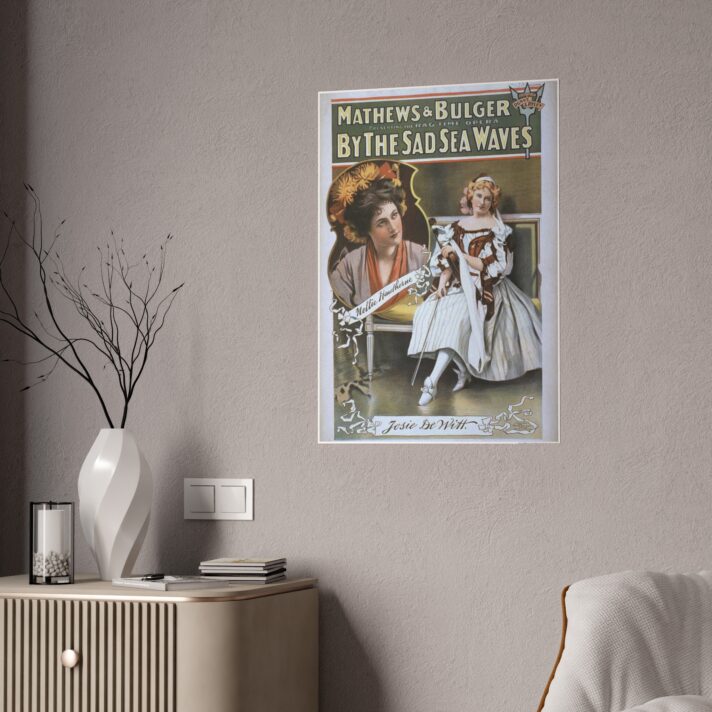

Vintage Gloss Poster – ‘By the Sad Sea Waves’ – Classic Art for Home Decor
Price range: $20.00 through $32.00 -


Vintage Military Gloss Poster – Keep ‘Em Flying – Patriotic Wall Art
Price range: $20.00 through $32.00
Fading colors can be a common problem in contemporary paintings, especially for artists utilizing acrylic or watercolor paints. It can be disheartening for artists who invest hours into their work, only to see the colors diminish over time. Fortunately, there are measures you can take to identify and rectify fading colors in your paintings.
Identifying Decreasing Colors
To address fading colors, the initial step is to identify them. Fading colors within a painting may be understated and go unnoticed, particularly if the artwork is not exposed to direct sunlight. A useful method for identifying fading colors is to compare the painting with a reference photograph captured when the painting was freshly finished. If the colors in the painting seem muted or less vibrant in comparison to the reference photo, it is probable that fading has occurred.
One method for identifying fading colors is to observe sections of the painting that have been directly illuminated by sunlight. Sunlight can lead to rapid fading of colors, making these areas more susceptible to showing signs of fading. Furthermore, colors within the red or yellow range are more susceptible to fading compared to colors within the blue or green range, making them more probable to display signs of fading.
Fixing Fading Colors
Identify areas of your painting with fading colors and take steps to fix the issue.
1. To prevent color fading in your paintings, opt for lightfast paints. These are resistant to fading when exposed to light. Be sure to choose paints labeled as lightfast or with an ASTM rating of I or II to ensure their resistance to fading.
2. Apply a UV-resistant varnish: To prevent fading, protect your paintings by applying a UV-resistant varnish to the surface. This protective barrier shields the paint from damaging UV rays, preserving the colors. Be sure to apply thin, even coats to prevent drips and streaks.
3. Ensure proper storage for your paintings: To prevent colors from fading, it is important to store your paintings correctly. Avoid placing them in direct sunlight or close to heat sources as this can lead to rapid color fading. Opt for displaying your artwork in a cool, dry location away from direct sunlight. In addition, framing your paintings behind UV-resistant glass can offer added protection against fading.
4. Address any faded areas in your painting by touching them up with fresh paint. Blend a small amount of the original paint color with a medium to match the faded area, then apply it carefully with a small brush. Let the paint dry before adding a protective varnish.
5. Consider consulting a professional: If you are unsure how to address fading colors in your painting, especially if the fading is widespread, it may be beneficial to seek assistance from a professional conservator. Conservators specialize in preserving and restoring artworks, offering invaluable advice on the most effective techniques for correcting fading colors in your painting.
To sum up, artists may find it challenging when colors fade in modern paintings. However, there are measures that can be taken to detect and resolve this issue. By using lightfast paints, adding a UV-resistant varnish, storing paintings correctly, fixing faded areas, and seeking assistance from professionals if necessary, you can preserve your artwork from fading and admire them for a long time. It is important to regularly check for signs of fading in your paintings and address any problems promptly.
-


Vintage 4D Man Gloss Poster – Retro Sci-Fi Wall Art
Price range: $20.00 through $32.00 -


Vintage Gloss Poster – ‘By the Sad Sea Waves’ – Classic Art for Home Decor
Price range: $20.00 through $32.00 -


Vintage Military Gloss Poster – Keep ‘Em Flying – Patriotic Wall Art
Price range: $20.00 through $32.00








